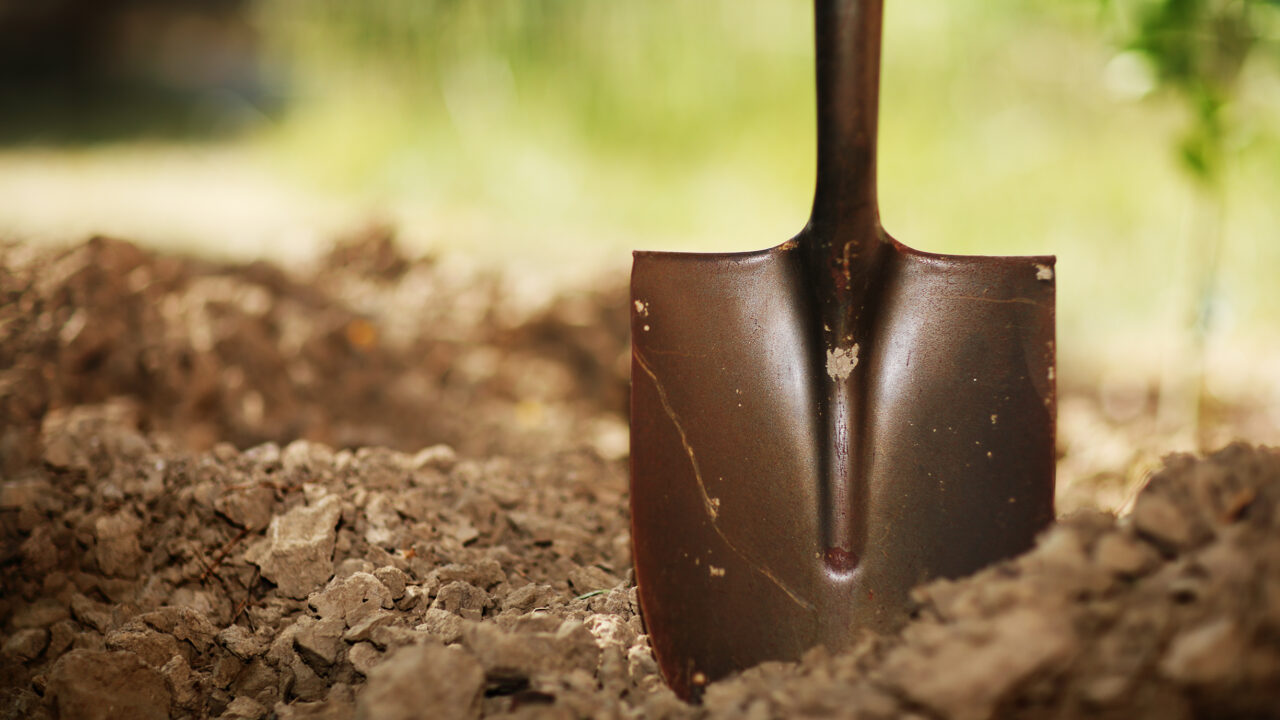“Inequality in the food supply chain isn’t sustainable,” according to Iseult Ward, CEO and co-founder of FoodCloud.
“There are issues that need to be addressed at each stage of the chain.”
In an interview with AgriLand, in reference to the turbulent year it has been for the agriculture sector between Brexit, Covid-19 in meat plants and wider society, beef protests along with political upheaval, Ward said that inequalities at any stage of the food supply chain set an unfortunate precedent.
Through its work, social enterprise FoodCloud seeks a more sustainable food system in Ireland – one that eliminates food poverty and food waste and most importantly prioritises feeding people, especially those who struggle to do so themselves.
What is food waste and food poverty?
The UN has identified food waste/loss as the decrease in mass or nutritional value of edible food throughout the supply chain that was intended for human consumption.
- 60% is avoidable food waste like leftovers and gone off fruit and vegetables;
- 20% is potentially avoidable food waste like bread crusts and potato skins;
- 20% is unavoidable food waste like banana skins and chicken bones.
Food waste is related to food poverty, evident during the Covid-19 pandemic: People overbought food in a panic leading to shortages in supermarkets, which often are key donors to food banks and charities. Then, much of the food that was bought was not consumed and was discarded as waste.
In Ireland there are over a million tonnes of food waste disposed of each year. Around a third of this comes from households.
Every household in Ireland is responsible for 117kg of food waste. The cost per household is between €400 and €1,000 per year.
‘A very complex issue’
Ward says that food poverty is “a very complex issue”.
“What we find is that it happens for a wide variety of reasons – it is an issue that needs a range of interventions.”
FoodCloud connects businesses that have surplus food with charities and community groups that provide it to those in need.
“The majority of organisations we [FoodCloud] work with don’t just provide food, but a range of difference services.
“The organisations may provide support for intellectual disabilities; challenges with mental or physical health; domestic violence; drug addiction; and homelessness.
What you see is there are a range of problems in society and food poverty is one of the symptoms of those problems.
Ward said that food waste is an issue that needs to be addressed at each stage of the food supply chain.
“We need collaboration across the food supply chain from consumers up to businesses and up to government level,” she continued.
“We need to ensure that anything we do – any interventions, policies – enable us to better follow the food waste hierarchy. This is essential for a sustainable food system in Ireland.”
‘Inequality in the supply chain isn’t sustainable’
According to the UN, a ‘sustainable food system’ is a food system that delivers food security and nutrition for everyone in such a way that the economic, social and environmental bases to generate food security and nutrition for current and future generations are not compromised.
The UN has identified the production and consumption of sufficient, affordable and nutritious food, while conserving the natural resources and ecosystems on which food systems depend, as vital.
Ward continued:
“If the food supply chain isn’t more equal, then the food chain won’t be sustainable.
A transition to a more sustainable food system needs to also include a focus on better equality across the supply chain for all of the actors in it – including our consumers and citizens and the people who work across the supply chain.
“Inequality in the food chain isn’t sustainable – I think having a more equal food system should be an inherent part of this transition.
“Ensuring access to food for all whilst we are on this transition to a more sustainable food system is incredibly important.
“We need to support our farmers and all those who work in the agriculture sector – there can’t be sustainability without fairness.”
